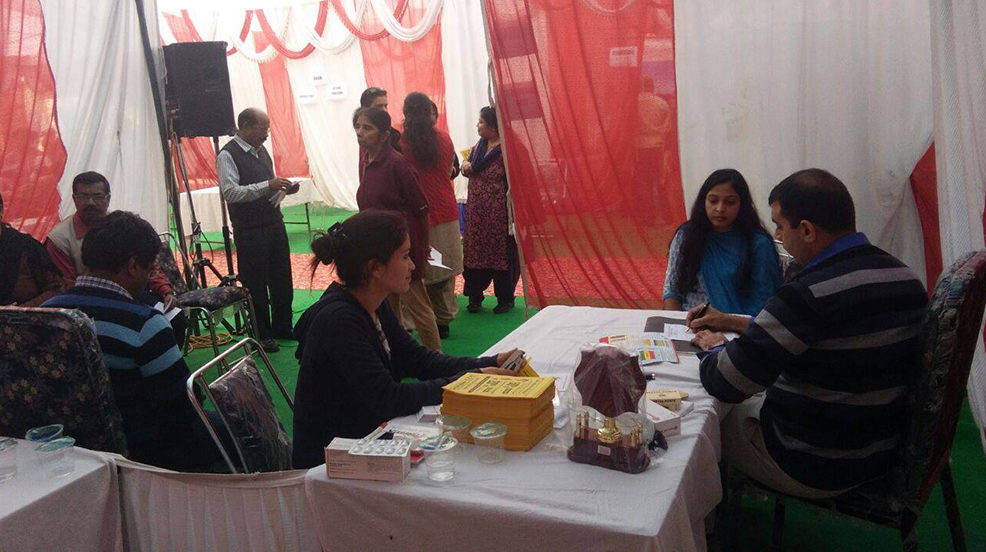Sports injuries generally occur for two different reasons: trauma and overuse. While traumatic sports injuries are usually obvious, dramatic scenes, like when we see a player fall down clutching their knee, overuse injuries are actually more common.

Overuse injuries often occur when the body is pushed past its current physical limits or level of conditioning — but poor technique and training errors, such as running excessive distances or performing inadequate warm-ups, frequently contribute. To help keep you or your young athlete from experiencing a sports-related injury following are the prevention tips:
1. Set realistic goals.
Setting goals and work hard to achieve them but it is crucial that our goals are realistic, achievable and sustainable. Whether your goal is to swim more laps, lift a certain amount of weight or run a specific distance, set an obtainable goal and gradually work to improve.
2. Plan and prepare.
If you plan to begin exercising regularly or want to begin a new program, take the time to learn the proper techniques required for your sport. Working with a coach or a knowledgeable group is often safe and enjoyable ways to start a new activity.
3. Warm up and cool down.
It is important to warm up before physical activity because research has shown that a heated muscle is less likely to be strained. To accomplish this some light walking or jogging before you start your exercise and then again afterward to help your muscles cool down slowly. Another important way to prevent injury is to increase your flexibility. Stretching before and after a workout can do this, but it is best to do so once the body is already warm.
4. Take your time.
Don’t push yourself too hard too fast. Getting in shape or learning a new sport takes time. We need to allow for adequate time to gradually increase training levels so that our bodies have time to adjust to the stresses on our bones, joints and muscles. For instance, when running, increase mileage gradually and give yourself plenty of time to recover between workouts.
5. Listen to your body.
Adjust your activities if your body is showing signs of too much stress. While a mild and short-lived muscle ache is generally considered ‘good pain,’ pain in your joints is not normal and is a sign that you should cut back. Always listen to your body.





